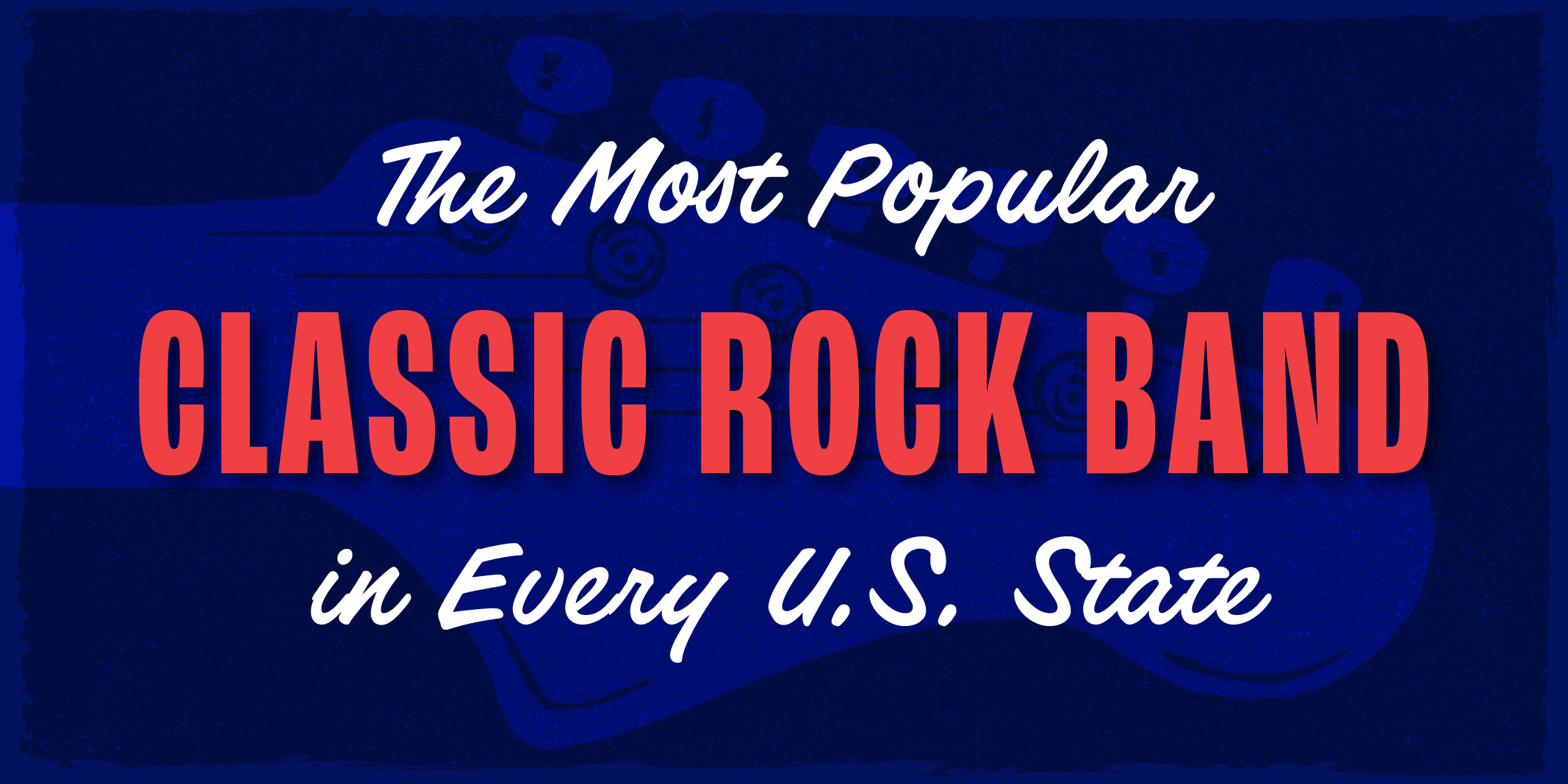Selling a Life Insurance Policy: Simple Guide
May 23, 2023

Most people buy a life insurance policy as a way to protect loved ones and cover costs in the event of the policyowner’s death. While a life insurance policy can be a wonderful safety net — and even a smart financial investment — some life situations may cause you to rethink whether owning your life insurance policy is worthwhile anymore. After all, unexpected medical expenses, increasing costs of retirement living, and financially-independent beneficiaries can make paying rising premiums a tough pill to swallow.
Fortunately, a life insurance policy is a valuable asset that can be sold for cash in a life settlement. Selling a life insurance policy to a buyer could result in a payout that’s four times greater than the cash surrender value of your policy. Explore this guide to understand what goes into selling a life insurance policy and learn if a life settlement makes sense for you.
Can You Sell Your Life Insurance Policy?
If you have a life insurance policy you no longer want or need, you could qualify for a life settlement. In a life settlement, you sell all or part of your life insurance policy to a qualified third-party buyer. Life settlement payouts tend to be four times greater than the cash surrender value you’d receive directly from the life insurance company if you gave up your policy. After you sell your policy, the buyer takes over paying the premiums for your life insurance so your policy stays in force. Upon your passing, the buyer collects the death benefit of the policy.
While a life settlement can be largely beneficial for people who no longer want or need their life insurance policy, there are many factors that go into determining whether or not someone qualifies for a life settlement. A good starting place to help you determine whether or not you may qualify for a life settlement is by answering the following questions:
- Does your life insurance policy have a face value of at least $100,000? Face value is the amount of money your beneficiaries will receive upon your passing.
- Are you 60 years old or older? The age of a policyowner could be younger, but the majority of life settlements tend to be with policyowners who are at least 60 years old.
- Have you recently had a change in health? A change in health could be a decline in chronic illnesses or a diagnosis of a new illness.
If you answered “yes” to all of the questions above, you could be qualified to sell your life insurance policy! Call Sell Easy to talk with an expert who can work with you to find out if you’re qualified for a life settlement. The more answers you have about selling your life insurance, the easier it will be to make a decision that’s informed and right for you.
How Does Selling a Life Insurance Policy Work?
When it comes to how to sell a life insurance policy for cash, there are several steps the buyer and seller must take to complete the transaction. These measures are in place to safeguard all parties involved, ensuring the life settlement transaction is valid, verified, and approved by the insured, policyowner (if different than the insured), the buyer, and the life insurance company. Learn the step-by-step process of selling your life insurance policy in a life settlement.
How to Sell Your Life Insurance Policy
- Meet the minimum requirements to be considered for a life settlement. If you own a life insurance policy that is worth at least $100,000, are at least 60 years old, and you’ve experienced a decline in health since your policy was issued, you meet the minimum requirements to be considered for a life settlement.
- Find out if you qualify to sell your life insurance policy. In addition to meeting the minimum requirements, there are additional factors that will determine whether or not you qualify for a life settlement. Some factors include the structure of your policy, how many premium payments you have left, how much cash value your policy has, and more. The experts at Sell Easy can help you determine whether you qualify for a life settlement and answer any questions you may have about the selling process.
- Fill out a detailed health questionnaire. If you qualify for a life settlement, you’ll answer more detailed questions about your health. This provides a clear picture of your current health status and any declines you may recently be experiencing.
- Provide medical and insurance authorization. You’ll authorize access to health records and the ability to contact the life insurance company on behalf of the policyowner. This gives the life settlement company the ability to verify health status and life insurance policy structure.
- Supply insurance policy documentation. The life settlement company will need a copy of the life insurance policy and a premium illustration.
- Go through underwriting. After receiving all necessary documentation, the life settlement company will evaluate the policy structure and health of the policyowner to determine a fair value for the policy through a process called underwriting.
- Receive an offer for your policy. The life settlement company will provide an offer for your life insurance policy (or part of your life insurance policy if you want to keep a portion of the death benefit for your beneficiaries). If you decide to accept, then you can move forward with the sale. Curious what your payout could be? Learn more about what your policy is worth!
- Finalize the transaction with closing. During the closing process, all parties will finalize paperwork to transfer ownership of the policy to the life settlement company. Your cash payment for your policy will be in escrow until the change of ownership takes place. Once the change of ownership is complete, you receive your payment!
Pros and Cons of Selling Life Insurance Policies
With any important financial decision, there are benefits and drawbacks to selling your life insurance policy. When deciding what to do with your life insurance policy, remember: nearly 90% of all Universal Life policies and more than 95% of all Term Life policies never result in a death claim. When determining the best course of action for your life insurance policy, explore why you should sell your life insurance so you can make the most out of your long-term investment.
Pros
The benefits of cashing out life insurance policies:
- Earn significantly more than simply surrendering your policy.
- Stop paying monthly premiums for a policy you no longer want or need.
- Get access to a windfall of cash you need for life expenses, including medical or retirement costs.
- Avoid lapsing your policy.
- Receive a higher payout when working with experts at Sell Easy, who can help you earn more than working with brokers.
Cons
The drawbacks of selling a life insurance policy:
- Possibly receive a tax bill for your payout.
- Pay a broker’s fee if you use a life settlement broker. (TIP: avoid fees by selling direct to life settlement providers.)
- Eliminate part or all of the death benefit for your beneficiaries when you pass.
- Ineligible for another life insurance policy.
- Potentially lose access to government benefits as life settlement proceeds are considered income.
What Are the Alternatives to Selling a Life Insurance Policy?
In addition to selling your policy in a life settlement transaction, there are many other ways to get rid of an unwanted life insurance policy or extend the life of the policy without having to invest more into it.
- Surrender your policy. If you have a permanent life insurance policy, you may have accumulated cash value over time. You can end your policy and take the accumulated cash value, also known as surrender value. Before you surrender your policy, be sure to talk with your life insurance company to learn about any associated surrender fees and tax implications.
- Use accumulated cash value to pay premiums. If you have a cash value component to your policy, you may be able to use it to pay your premiums. Before draining your accumulated cash value to keep your policy in force, talk with your life insurance company about the ramifications of drawing down your cash value.
- Borrow from your accumulated cash value. You can take a loan from the cash value within your own life insurance policy. Be warned: you do have to pay the loan back — plus interest — or the amount is eliminated from the death benefit.
- Replace your policy. It may be worthwhile to find out if there’s a more affordable — and more suitable — life insurance option on the market for you. In some cases, you can replace your policy to improve your coverage and/or decrease your recurring premium amount.
- Cancel your policy. If you’re desperately trying to end premium payments and can’t make any other option work, your only choice may be to cancel the policy altogether.
How Does Selling a Term Life Insurance Policy Work?
Many term life insurance policy owners wonder, “Can you sell term life insurance policies in a life settlement?” There’s a common misconception that you can only sell a permanent life insurance policy (whole life or universal life) for cash, however, that’s just not true. You can sell your term life insurance policy as long as it is convertible. Sometimes a term life insurance policy has a rider that allows them to be converted, so you may need to review your policy closely with your life insurance company to determine whether or not it can be converted.
If you have a non-convertible term life insurance policy, you may still qualify for a viatical settlement if you have a terminal illness. To determine what kind of life settlement your term policy may qualify for, reach out to our experts at Sell Easy for a policy evaluation.
How to Sell a Term Life Insurance Policy
Selling term life insurance policies is very similar to selling whole life or universal life policies. There are just a few extra steps you’ll need to take to make sure your term policy qualifies for a cash payout.
- Meet the minimum requirements for a life settlement. Like most life settlements, you need to have a policy with a death benefit of at least $100,000. You also need to be at least 60 years old (unless you are terminally ill) and have shown a recent decline in health.
- Find out if you’re policy is convertible. Term policies that can convert to a whole or universal life policy may qualify to be sold to a life settlement provider. To find out if your policy is convertible, contact your life insurance carrier or give our Sell Easy experts a call. We can walk you through the process of finding out if your policy has a rider that allows it to be converted.
- See if you qualify for a life settlement. Beyond the minimum requirements of policy value and policyowner health, a life settlement provider will need to understand how your insurance policy is structured. Our Sell Easy team can help determine whether or not you would qualify for a life settlement and put you in touch with a life settlement provider.
- Complete a health questionnaire. After you qualify, the life settlement provider will ask you to complete a health questionnaire. This helps verify your health status, which impacts the value of your life settlement cash payout.
- Grant medical and policy authorization. Your authorization allows the life insurance provider to gather medical and insurance documentation that verifies your health status and policy structure. Both of these factors are used to calculate the value of your life settlement offer.
- Undergo underwriting. During underwriting, the life settlement provider uses an algorithm that factors in health, policy structure, and life expectancy to determine a fair value for your policy.
- Receive an offer. The life settlement provider will share a cash payout offer for your term life insurance policy.
- Convert policy. If you decide to accept the offer and move forward with the life settlement, you will work with your life insurance provider to convert your policy into a permanent life insurance policy.
- Transfer ownership of the term policy during closing. During this stage, the ownership of your life insurance policy will be transferred to the life settlement provider.
- Receive your cash payout! Upon ownership transfer, the cash is released from escrow and placed in your bank account.
Whole Life Insurance vs. Term Life Insurance
While each type of insurance has its benefits, there are several differences between whole life insurance and term life insurance.
Coverage
One major difference between whole life insurance and term life insurance is how long the insured is covered. With whole life insurance, the policy is set up to provide coverage for the insured’s entire life, providing a death benefit upon their death. Term life insurance coverage ends when the policy term expires unless the policy is renewed.
Whole life insurance also includes a savings and investment component that builds up cash value over time, whereas term life insurance policies do not. The only cash value of a term life insurance policy is its death benefit.
Costs and Premiums
Because whole life insurance includes lifetime coverage and a savings component, it tends to cost significantly more than term life insurance. Whole life insurance premiums can be 10 times more per month than a term life insurance policy with the same coverage amount.
Term life insurance costs less because most term policies expire before a death benefit payout occurs, making it a lower risk to insurers.
Death Benefit
As long as a whole life insurance policy remains in force, it will provide a death benefit at the end of the insured’s life. This type of policy is designed to provide lifetime coverage and death benefit upon the passing of the insured. This guaranteed payout is one of the reasons it costs significantly more than term life insurance.
Most term life insurance policies do not result in a death benefit because they typically expire before the insured passes away. These types of policies are designed to provide coverage for a set duration of time — typically between 10 and 30 years. However, most term life insurance policies include a rider that allows them to be converted into permanent life insurance, making them eligible to be sold in a life settlement.
Convert Your Term Life Insurance Policy
The process of converting your term life insurance policy is much easier than obtaining a new policy altogether. In fact, you don’t have to undergo a medical exam like you did when you first obtained your policy. The life insurance company keeps you in the same underwriting class as when you were first issued the policy, even if your health status has changed. Plus, there are zero fees to convert term life insurance to permanent life insurance. Once a policy has been converted, though, premiums will significantly increase. If you’re interested in selling your life insurance, do NOT convert your term policy before contacting a life settlement provider. There are risk factors — like rising premiums upon conversion — that could cause more personal out-of-pocket costs.
If you’re interested in selling your term life insurance policy, it’s vital to find out if your policy is still convertible. Sometimes there’s a limited conversion period, so check with your insurance provider to see if you still qualify for a conversion.
Are Your Pursuing a Life Settlement?
Life changes and so does your need for life insurance. Are you ready to sell your life insurance policy for cash you can use now? Reach out to Sell Easy to find out if you qualify for a life settlement and get all of your pressing questions answered. We’re ready to help you get started today.
Recent Post

How the Grinch Stole the ...
Ever since Dr. Seuss introduced us to the Grinch — a green, Christmas-loathing character “wh...

The Most Popular Classic ...
From The Who to The Stones, some iconic groups have been entertaining Americans well past their init...

Understanding a Life Set ...
When it comes to getting rid of your life insurance, most policyowners think their only options are ...
